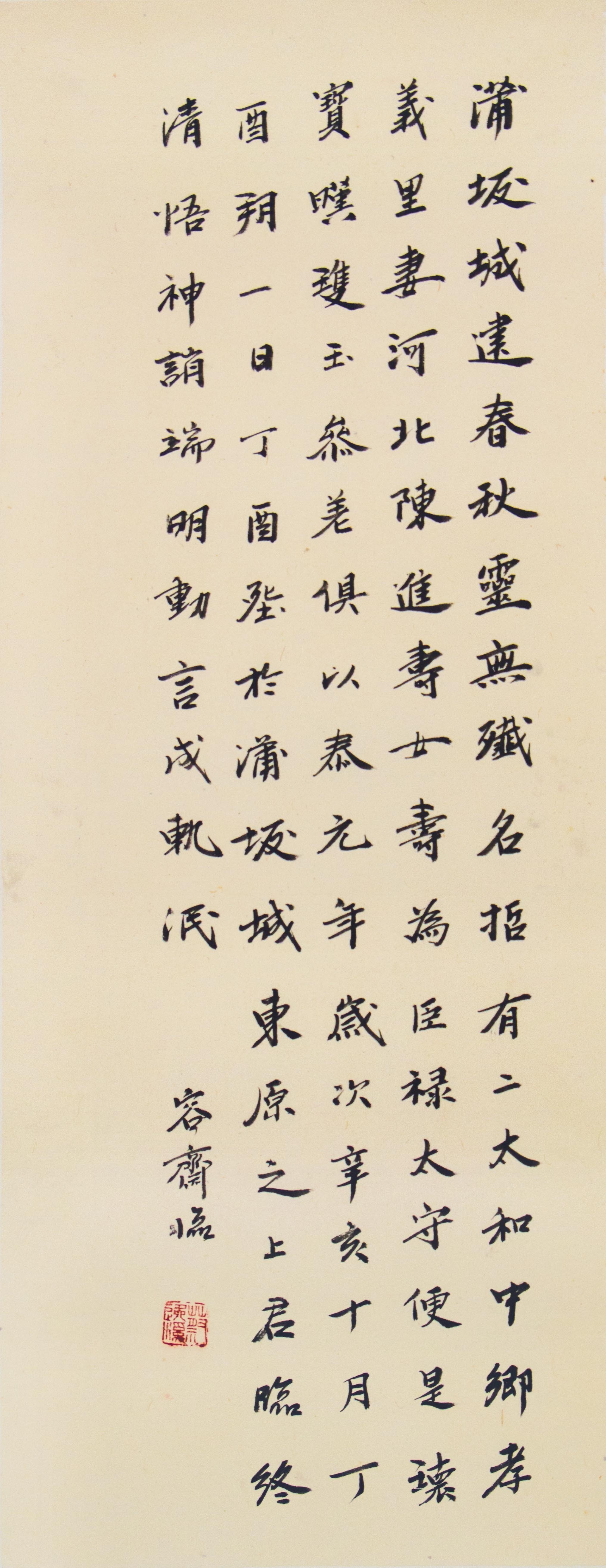Chua Ek Kay is one of Singapore’s most important art practitioners. His iconic interpretations of street scenes and lotuses have intrigued many but there is much more to know about this artist. Here are 5 interesting facts about Chua Ek Kay.
He moved to Singapore when he was 7.
Chua Ek Kay was born on the 21st November 1947 in Guangdong, China. He moved to Singapore in 1953 and attended local institutions like Guangyang Primary and Catholic High.
2. His interest in calligraphy and poetry was sparked in Catholic High.
Apart from picking up the habit of reading books on literature and poetry from his father, meeting masters in Catholic High guided him to further pursue his interest. He recounts in an interview in 2007 that his teacher, Mr Liu Huai Qiong actively taught him the ways of Classical Chinese and literature, which contributed significantly to Chua’s later practices as an artist.
Chua Ek Kay
Night Reading Romance of the Three Kingdoms
Ink on rice paper
73x53cm
1993
3. He has his first solo exhibition in 1988.
After becoming a full time artist for a few years, he held his solo exhibition titled ‘A Selection of Chinese Brush Painting and Calligraphy’ . The exhibition showcased about 40 artworks, comprising of poems, scripts, different types of calligraphy and even conceptual art. Not only was it successful, but it was also a sentimental milestone for Chua as he was reassured about his plans to become a full time artist.
Chua Ek Kay
Ink on rice paper
76x29cm
4. He values the simplicity of subjects over a realistic depiction of them.
In the mid 1980s, he refined his studies in street scenes. While simplifying the structure and form of the architecture, he made sure that the essence of the street scape is still being conveyed. Simply finding the balance between realism and abstraction. The biggest challenge, is having the ability to dim, highlight, include or exclude certain elements. However, it is evident in his works that he is well able to successfully overcome this challenge. Chua also makes the conscious effort to steer away from traditional ink techniques as street scenes to him, is regarded a new subject. These thoughts and ideas are reflected clearly in his famous paintings.
Chua Ek Kay
Passing by North Canal Road
Ink on rice paper
76x60cm
2000
5. He is a Cultural Medallion Award winner.
In 1999, he won the Cultural Medallion Award for his contribution to visual arts.
Chua Ek Kay writing in his studio.





